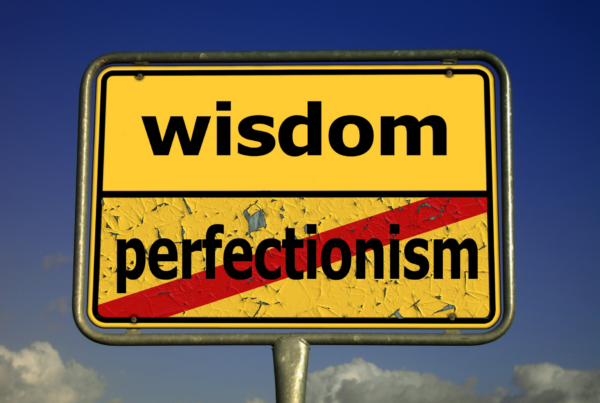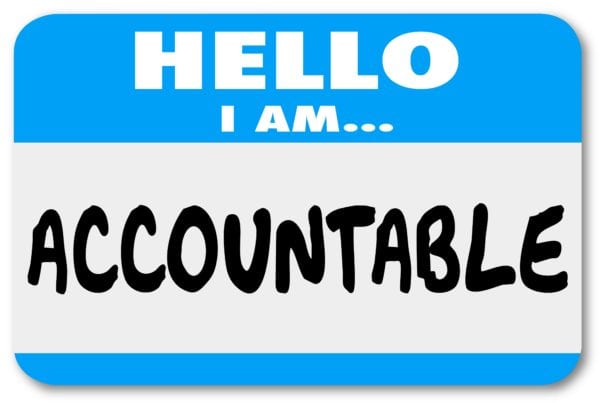 February 23, 2021 marked the one-year anniversary of the death of Ahmaud Arbery, an unarmed 25-year-old Black man who was shot and killed while jogging near Brunswick, GA.
February 23, 2021 marked the one-year anniversary of the death of Ahmaud Arbery, an unarmed 25-year-old Black man who was shot and killed while jogging near Brunswick, GA.
As the United States and other parts of the world reckon with systemic racism, many individuals are left wondering, “what can I do?”
If you are White, you may be thinking, “I want to do better. I want to honor Ahmaud and others like him, but I don’t know how.” Or perhaps you feel reticent to accept responsibility for racial crimes you didn’t commit. In either case, we can no longer ignore racial injustice.
I’d like to offer some reflections on common White responses to racial discussions that keep us stuck. If you are White, I encourage you to examine them in yourself and perhaps share them with others.
- “If you bring up race, isn’t that just fanning the flames of racism?” Actually, the opposite is true. Racism persists because we do not address it, own it, and take responsibility for it. Talking about it, while painful, is the only way we can move forward.
- “I didn’t own slaves! I didn’t create these systems. Why should I be ashamed of being White?” You should not be ashamed of being White. You did not personally create the systems of racism but you have likely perpetuated and benefitted from them, perhaps unknowingly. Release fault and embrace responsibility. Be willing to listen to Black stories without defensiveness. Just because someone’s pain is not relatable to you doesn’t mean it doesn’t exist.
- “We’re all human. Why can’t we just see past race?” Yes, we are all human, AND a person’s race, ethnicity, and culture are a part of who they are. Seeing those things means seeing that person as a whole, seeing their struggles, and affirming the things that make them unique.
- “I know Blacks have it hard, but I grew up in poverty. I had it hard too!” Acknowledging Black pain does not diminish your story of hardship. Competing on that level can keep us stuck because it absolves us from having to own our role in systemic racism. Make room for both your own struggles AND the experiences specific to Black Americans.
- “I’m tired of being blamed for racism by my Black colleagues at work.” The work of dismantling racism is very tiring, but Black people do not have the luxury of dropping out when it gets uncomfortable. Take a deep breath and set aside the need to defend yourself, just for a few minutes. See how that feels. Being curious rather than reactive is liberating. Try saying, “Maybe I did do that” or “Tell me more.” Give yourself and the other party plenty of empathy for being in a difficult situation.
I know this is hard work, but please don’t give up. As we honor Ahmaud Arbery, we can use this opportunity to recommit to doing our part. You do not need to feel shame. You may be part of the systemic problem, but that also means you get to be part of the solution.




